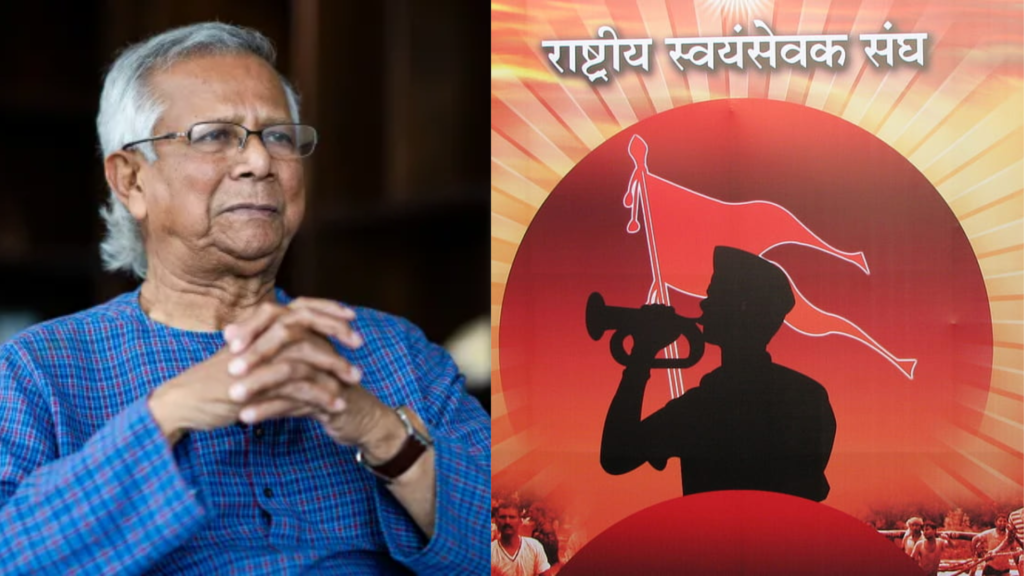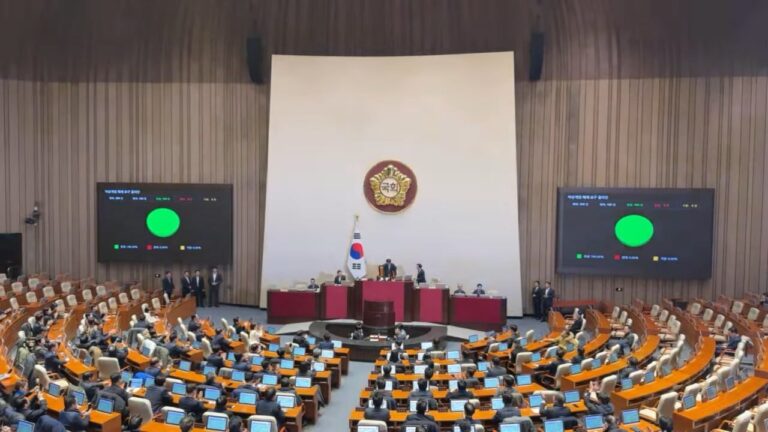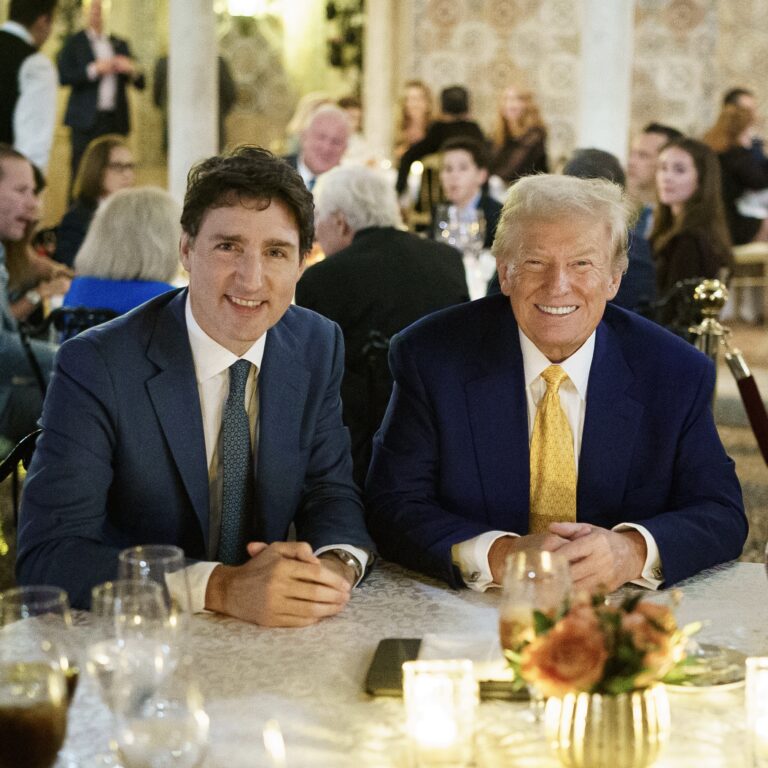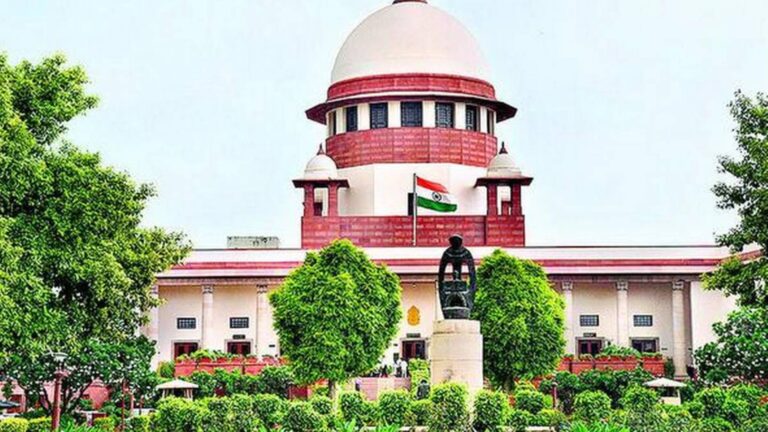
In a significant geopolitical development, the Rashtriya Swayamsevak Sangh (RSS) has openly called upon the Indian government to seek international backing to address the plight of minorities in Bangladesh. This comes in the wake of Bangladesh accusing India of adopting “double standards” concerning minority protection—a move that has further strained ties between the two nations.
The Root of the Conflict
The issue traces back to an increase in attacks on Hindu minorities in Bangladesh, coinciding with political regime changes in the country. Reports of these attacks have drawn widespread condemnation from India, with External Affairs Minister S. Jaishankar raising the issue both in Parliament and with the Bangladeshi government. India’s message has been clear: religious minorities in Bangladesh must be safeguarded.
This stance was echoed internationally when former U.S. President Donald Trump highlighted the attacks on social media, emphasizing the need for global attention on the matter. However, Bangladesh has consistently denied the allegations, labeling them as “industrial-scale misinformation.”
Bangladesh’s Response and Allegations
Rather than addressing the concerns about minority attacks, Bangladesh’s interim government took an unexpected turn by accusing India of double standards. They pointed to alleged atrocities against Muslims in India, a claim that has added to the already complicated narrative. Bangladesh’s Law Affairs Advisor, Asif Nazrul, has further fueled tensions with his statements.
Also Read: Rising Tensions for Hindu Minorities in Bangladesh as Iconic Kali Temple Crown Stolen
RSS’s Call for Action
Against this backdrop, the RSS has urged the Indian government to intensify its efforts on a global scale. The organization, which has significant influence within India, emphasized the need for international collaboration to pressure Bangladesh into taking concrete steps to protect minorities. Prominent Indian spiritual leaders like Sri Sri Ravi Shankar have also voiced their concerns, calling for global intervention.
Dattatreya Hosabale, General Secretary of the Rashtriya Swayamsevak Sangh (RSS), says, “The attacks, murders, looting, arson, as well as inhuman atrocities by Islamic fundamentalists on Hindus, women and all other minorities in Bangladesh, are extremely worrying and the Rashtriya… pic.twitter.com/WwOQ52MSiw
— ANI (@ANI) November 30, 2024
Also Read: ISKCON Under Attack in Bangladesh: A Call for Justice and Equality
Global Support: A Strategic Necessity
The RSS’s call for international support aligns with India’s broader strategy to highlight the issue on the world stage. Potential allies in this effort include:
- United States: With Trump already vocal about the issue, the U.S. may renew its focus under his leadership.
- France: Known for its strong stance on protecting human rights, France could be a valuable ally.
- Israel: Though its influence might be limited due to its controversial actions in Gaza, Israel’s support would still add weight to the global narrative.
The Way Forward
For India, securing global backing is essential to address the growing concerns about minority protection in Bangladesh. This involves building coalitions with like-minded nations, leveraging international platforms, and countering misinformation effectively.
Bangladesh, on the other hand, must take steps to restore confidence by transparently addressing the reported attacks on minorities and fostering an environment of inclusivity. Ignoring the issue will only exacerbate tensions and diminish its global standing.
Conclusion
The RSS’s call to action highlights the urgency of the situation. As the narrative unfolds, the onus lies on both India and Bangladesh to navigate this sensitive issue responsibly. For India, global support remains a critical tool to ensure accountability and protect the rights of vulnerable communities in Bangladesh.
What do you think about India’s approach to this issue? Share your thoughts in the comments section below.
Disclaimer: This article is based on publicly available information and aims to provide an unbiased analysis of the current situation.
Follow US






